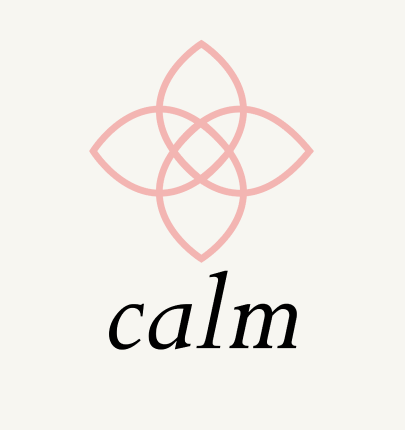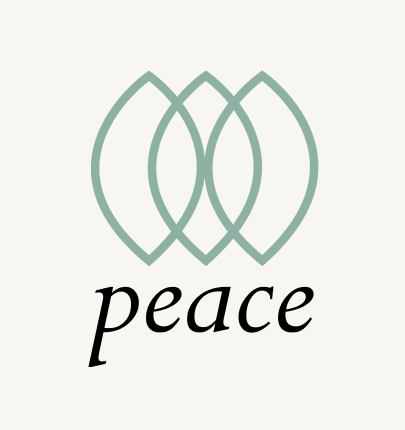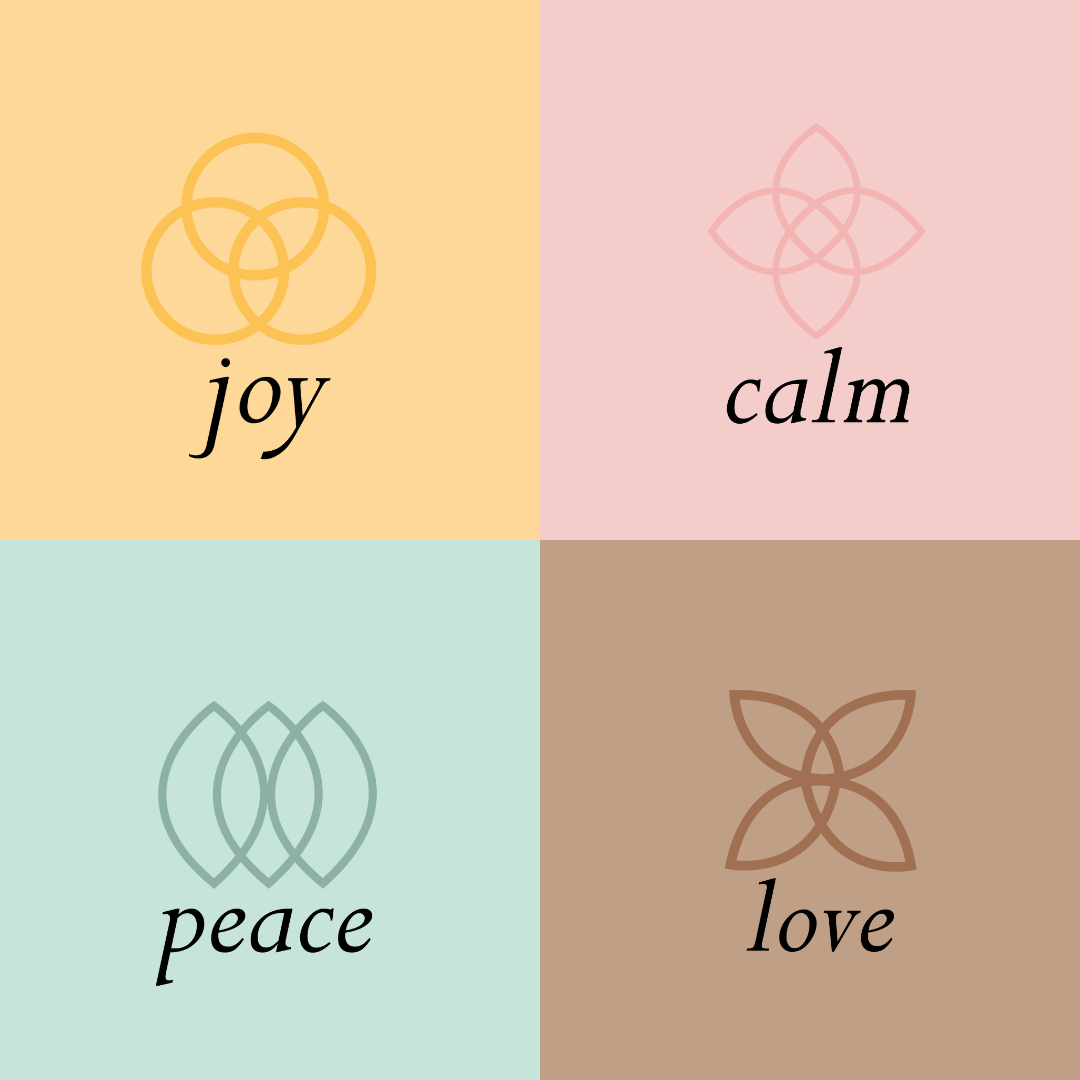Mind
How to adjust your brain waves for optimal health
How to cope with fight-or-flight
When faced with a stressful or threatening situation, the body often responds with the "fight or flight" response, which is a natural physiological reaction. However, there are several techniques you can try to help calm your fight or flight response:
- Deep Breathing: Take slow, deep breaths, focusing on your breath as you inhale and exhale. This helps activate your body's relaxation response and can help reduce anxiety and stress. Try lighting a candle and inhaling the soothing aromas, we recommend our Calm scented candle.
- Grounding Techniques: Engage your senses to bring yourself back to the present moment. Focus on the physical sensations around you, such as feeling the texture of an object or noticing the colours in your environment. This can help shift your attention away from the threat and bring a sense of calm. Ou Peace Balm of Serenity is a great product to instantly make you feel grounded on the go. Apply on your pressure points and inhale the earthy aromas of Peace.
- Progressive Muscle Relaxation: Tense and then relax each muscle group in your body, starting from your toes and working your way up to your head. This technique helps release tension and promotes a state of relaxation. Apply a soothing and nourishing cream or oil on your body to really reconnect to yourself. Try our I Am Loved Body Cream or Love Reawaken Body & Massage Oil to really help reawaken your inner goddess and help you feel empowered.
- Mindfulness Meditation: Practice mindfulness by focusing your attention on the present moment without judgment. Pay attention to your thoughts, emotions, and bodily sensations as they arise and pass. Regular mindfulness meditation can help regulate your stress response over time.
- Positive Self-Talk: Replace negative or fearful thoughts with positive and reassuring statements. Remind yourself that you are safe and that the threat is not immediate. Repeat calming affirmations to yourself, such as "I am in control" or "I can handle this situation."
- Physical Exercise: Engaging in physical activity can help burn off excess energy and reduce anxiety. Whether it's going for a walk, jogging, or practising yoga, exercise releases endorphins and promotes a sense of well-being. If you are looking for a product to help you feel energised and invigorated our Joy range has exactly what you need. Try using the Joy Jubilation Foaming Polish in the shower and after apply the Joy Body Lotion for the perfect duo to start your day.
- Seek Support: Reach out to a trusted friend, family member, or mental health professional who can provide support and guidance. Talking about your feelings and concerns with someone you trust can help alleviate stress and calm your fight-or-flight response.
Remember that everyone responds differently, so it's essential to find the techniques that work best for you. Self-care is very subjective so make sure to listen to your body, mind, and soul.
How to meditate
Meditation is a practice that involves training your mind to focus and redirect your thoughts. It can be a beneficial tool for reducing stress, increasing self-awareness, and promoting mental well-being. Here's a step-by-step guide on how to meditate:
- Find a quiet and comfortable space: Choose a peaceful environment where you can sit or lie down without distractions. It could be a dedicated meditation room or any quiet corner of your home.
- Assume a comfortable posture: Sit in a position that allows you to be relaxed and alert. You can sit cross-legged on a cushion or chair, or you can lie down if that's more comfortable for you. Keep your spine straight, but not rigid, to maintain alertness.
- Close your eyes or soften your gaze: Close your eyes gently or let your gaze fall softly downward if you prefer to keep them open. This helps minimize visual distractions and directs your focus inward.
- Focus on your breath: Take a few deep breaths to centre yourself. Then, bring your attention to your breath as it naturally flows in and out. Notice the sensation of each inhale and exhale. Concentrate on the rise and fall of your abdomen or the feeling of air passing through your nostrils.
- Be present and nonjudgmental: As you continue to breathe, thoughts, emotions, and sensations may arise. Instead of getting caught up in them, try to observe them without judgment. If your mind wanders, gently bring your attention back to your breath.
- Choose a meditation object: If focusing solely on the breath is challenging, you can use a meditation object like a mantra (a repeated word or phrase) or a visual object (a candle flame or an image). Direct your attention to the chosen object and let it anchor your focus.
- Practice mindfulness: Expand your awareness to include your bodily sensations, thoughts, and emotions. Notice them as they arise, but avoid getting attached or carried away by them. Simply observe and let them pass without judgment.
- Start with short sessions: If you're new to meditation, begin with shorter sessions, such as 5-10 minutes, and gradually increase the duration as you become more comfortable and experienced.
- Be consistent: Regular practice is key to reaping the benefits of meditation. Set aside a specific time each day for your practice, whether it's in the morning, during a lunch break, or before bed. Consistency will help you develop a habit and deepen your meditation experience.
- Seek guidance if needed: If you're finding it challenging to meditate on your own, consider joining a meditation group or using guided meditation apps or videos. These resources can provide structure, guidance, and support.
Remember, meditation is a personal experience, and there's no right or wrong way to do it. Experiment with different techniques and find what works best for you. Over time, you'll discover your own rhythm and reap the numerous benefits of this ancient practice. Sign up for our newsletter to stay up to date with our monthly meditations!
How to cope with stress
5 practices to overcome your inner critic
New Beginnings in Autumn
For many people, September is the month of fresh starts. It’s an exciting time but it can also be very overwhelming. There is sometimes a lot of pressure to make changes or improve yourself. At Kalmar we are here to make your wellness journey easy and enjoyable.
Why spending time on your own is important
How to cope with stress
The perfect nighttime routine for good sleep
Yoga or mediation: Some nighttime yoga or 5-minute meditation will help you relax your muscles and mind, a great way to unwind after a long day. A great tool to add to your practices is our Peace Balm of Serenity, it instantly makes your feel realigned. We will soon launch Kalmar Workshops that will teach you yoga, box breathing, meditation and other wonderful ways to recentre the mind.
Warm bath or shower: Depending on what you prefer, we have the products for you which will instantly upgrade your bath or shower. If you are a bath person, the Love Bath Oil is a great addition to nourish your skin and bring you closer to Self-Love. If showers are more your thing then the Calm Shower Cream is divine.
No screens: For a world so dependent on technology, the best thing to do 30 minutes to an hour before going to sleep is no screens. Read a book, journal, or follow the tips recommended above.
Invest in your surroundings: make your bedroom a cozy, relaxing and safe place. Somewhere you look forward to go to at the end of the day. Buy some soft sheets and comfortable pyjamas, try a humidifier or if you prefer candles our Kalmar Candles are non-toxic, vegan, and completely natural
These 4 tips are great to add to any existing routine, remember to take time during the day to relax and unwind.


















